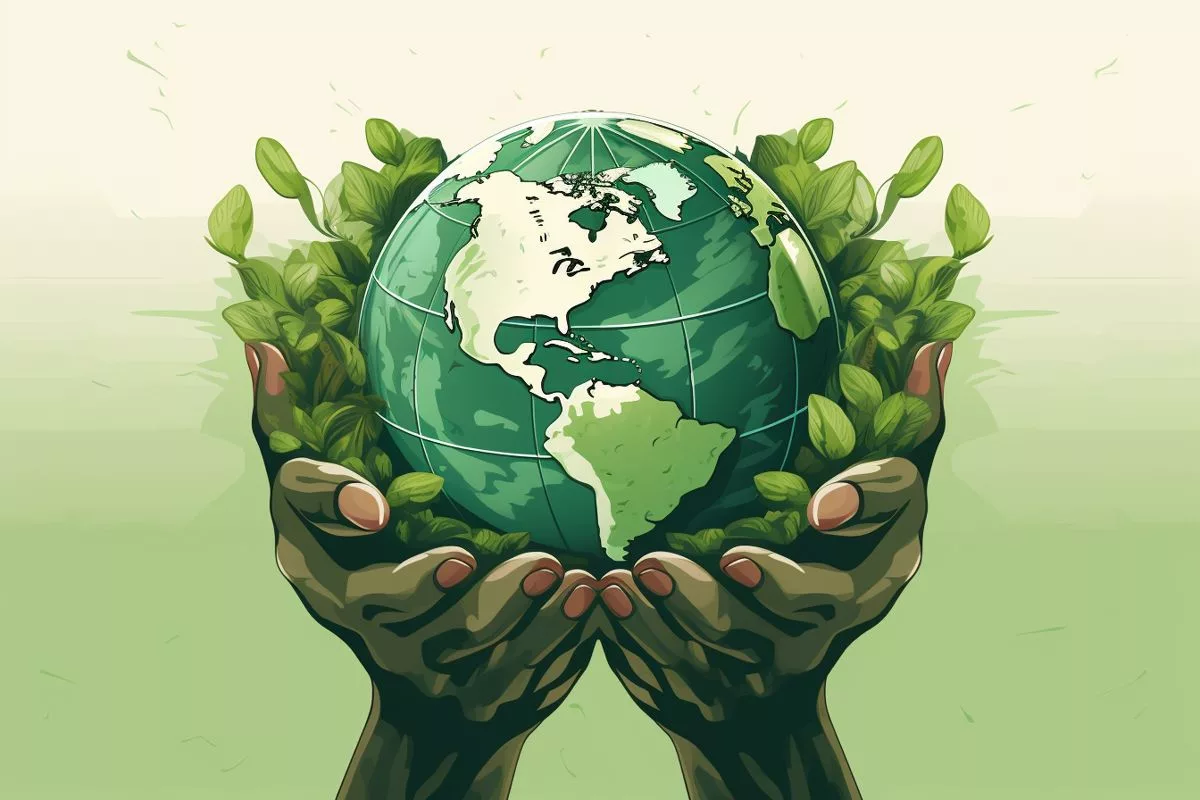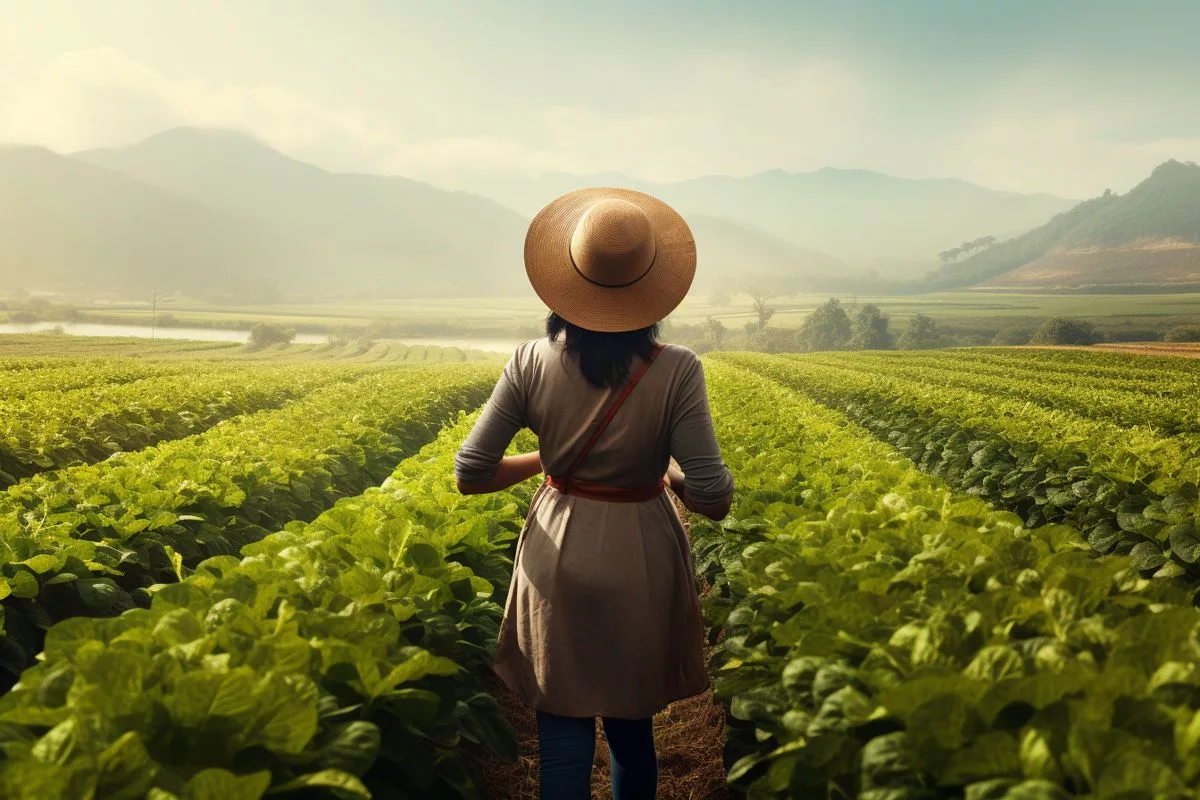Barbara Creecy, South Africa’s Minister of Forestry, Fisheries, and the Environment, gave opening remarks at the National Stakeholder Consultations for COP28, emphasizing the country’s commitment to sustainable development and the need for inclusive negotiations. COP28 is the 28th Conference of the Parties to the United Nations Framework Convention on Climate Change (UNFCCC), where countries gather to discuss global efforts to combat climate change. Key agenda items include establishing a global fund for loss and damage, increasing climate finance goals, and assessing collective progress through the Global Stocktake. South Africa is actively preparing for the critical COP28 conference in December, aiming to shape the country’s negotiating position while addressing the challenges posed by climate change.
What is COP28 and why is it important?
COP28 is the 28th Conference of the Parties to the United Nations Framework Convention on Climate Change (UNFCCC), where countries gather to discuss global efforts to combat climate change. It is a crucial platform for reviewing progress and reaffirming commitment to climate action while respecting the development pathways of each country. Key agenda items include establishing the global fund for loss and damage, increasing climate finance goals, and assessing collective progress through the Global Stocktake.
South Africa’s Path to COP28
South Africa is actively preparing for the critical COP28 conference in December, aiming to shape the country’s negotiating position while addressing the challenges posed by climate change. The Honourable Barbara Creecy, Minister of Forestry, Fisheries, and the Environment, recently delivered her opening remarks at the National Stakeholder Consultations for COP28. She emphasized the country’s commitment to sustainable development, climate action, and the need for inclusive negotiations.
As we approach the midpoint between the Paris Agreement and the end of the UN’s 2030 Agenda on Sustainable Development, Creecy underscored the vital role of COP28 in shaping global efforts to combat climate change. The conference will serve as a crucial platform for the global community to review progress and reaffirm its commitment to climate action while respecting the development pathways of each country.
COP28 comes at a time when the world is grappling with climate change, geopolitical tensions, and the COVID-19 pandemic. Climate impacts are escalating, particularly in Africa, which bears a disproportionate burden of effects despite its limited responsibility for causing climate change. This situation necessitates international collaboration to address the loss and damage caused by climate change and adapt to its consequences.
Key Agenda Items and Discussions for COP28
COP27 in Sharm El-Sheikh achieved some success with the agreement on establishing a fund for loss and damage. However, critical aspects of the Paris Agreement, such as mitigation, adaptation, and implementation, still need further clarity and ambition. COP28 presents an opportunity to tackle these key issues and advance global climate action.
A crucial agenda item for COP28 is establishing the global fund for loss and damage. This fund requires a detailed plan outlining its financing, revenue sources, and management, which will be a critical point of discussion in Dubai.
Developing countries have consistently called for improved support in financing their fight against climate change, but developed countries have yet to fulfill their pledged funding targets. COP28 is expected to see renewed calls for an increased and predictable climate finance goal, which must be agreed upon by 2024. The success of this COP and future climate negotiations relies on the outcome of these discussions.
South Africa and the Africa Group plan to propose the inclusion of the continent’s special needs and circumstances in the COP28 agenda, a proposal that lacked consensus at last year’s conference. Acknowledging Africa’s unique situation would uphold the principle of differentiated responsibility and recognize the continent’s vulnerability to climate change, as well as the need for mitigation and adaptation support.
COP28 will also mark the completion of the first Global Stocktake (GST), providing an opportunity to assess collective progress since adopting the Paris Agreement and making recommendations for any necessary course corrections. The outcome of the GST is expected to be the central focus of COP28, with an emphasis on increasing collective action on mitigation, adaptation, and loss and damage.
South Africa’s Commitment and Broader Conversations
South Africa is dedicated to addressing climate change based on science, equity, and sustainable development. The country’s updated Nationally Determined Contributions (NDC) aim to balance mitigation, adaptation, and the need for international support. The recently adopted Climate Change Bill provides a sound legal basis for climate action and a regulatory framework for governmental, business, organized labor, and civil society stakeholders to implement the country’s climate commitments.
In addition to the core climate negotiations, COP28 is also expected to facilitate broader conversations on various topics. These include leveraging Africa’s abundant renewable resources and strategic minerals to build shared prosperity and sustainable development on the continent, addressing unilateral trade measures that threaten sustainable development, and transforming the global financial architecture to better assist countries in combating climate change and achieving their sustainable development goals.
With these objectives in mind, South Africa looks forward to engaging in fruitful discussions at COP28, supporting a people-centered, just, and equitable transition.
1. What is COP28 and why is it important?
COP28 is the 28th Conference of the Parties to the United Nations Framework Convention on Climate Change (UNFCCC), where countries gather to discuss global efforts to combat climate change. It is a crucial platform for reviewing progress and reaffirming commitment to climate action while respecting the development pathways of each country. Key agenda items include establishing the global fund for loss and damage, increasing climate finance goals, and assessing collective progress through the Global Stocktake.
2. What is the role of the National Stakeholder Consultations for COP28?
The National Stakeholder Consultations for COP28 serve as a forum for South African stakeholders to provide input and shape the country’s negotiating position for the conference. It is an opportunity for the country to demonstrate its commitment to sustainable development and climate action.
3. What are the challenges posed by climate change that South Africa aims to address at COP28?
South Africa aims to address the challenges posed by climate change, such as loss and damage caused by climate impacts, increasing climate finance goals, and assessing collective progress through the Global Stocktake. The country is committed to addressing climate change based on science, equity, and sustainable development.
4. What is the Global Fund for Loss and Damage and why is it a critical point of discussion in Dubai?
The Global Fund for Loss and Damage is a mechanism for compensating developing countries for the loss and damage caused by climate impacts that they are unable to cope with. It is a critical point of discussion in Dubai as it requires a detailed plan outlining its financing, revenue sources, and management.
5. What is the expected outcome of the discussions on climate finance goals at COP28?
Developing countries have consistently called for improved support in financing their fight against climate change, but developed countries have yet to fulfill their pledged funding targets. COP28 is expected to see renewed calls for an increased and predictable climate finance goal, which must be agreed upon by 2024. The success of this COP and future climate negotiations relies on the outcome of these discussions.
6. What is South Africa planning to propose for the inclusion of the continent’s special needs and circumstances in the COP28 agenda?
South Africa and the Africa Group plan to propose the inclusion of the continent’s special needs and circumstances in the COP28 agenda. This proposal acknowledges Africa’s unique situation, upholds the principle of differentiated responsibility, and recognizes the continent’s vulnerability to climate change, as well as the need for mitigation and adaptation support.
7. What are the broader conversations expected at COP28?
In addition to core climate negotiations, COP28 is also expected to facilitate broader conversations on various topics, including leveraging Africa’s renewable resources and strategic minerals to build shared prosperity and sustainable development on the continent, addressing unilateral trade measures that threaten sustainable development, and transforming the global financial architecture to better assist countries in combating climate change and achieving their sustainable development goals.
8. What is South Africa’s updated Nationally Determined Contributions (NDC) and how does it aim to address climate change?
South Africa’s updated Nationally Determined Contributions (NDC) aim to balance mitigation, adaptation, and the need for international support. The recently adopted Climate Change Bill provides a sound legal basis for climate action and a regulatory framework for governmental, business, organized labor, and civil society stakeholders to implement the country’s climate commitments based on science, equity, and sustainable development.








